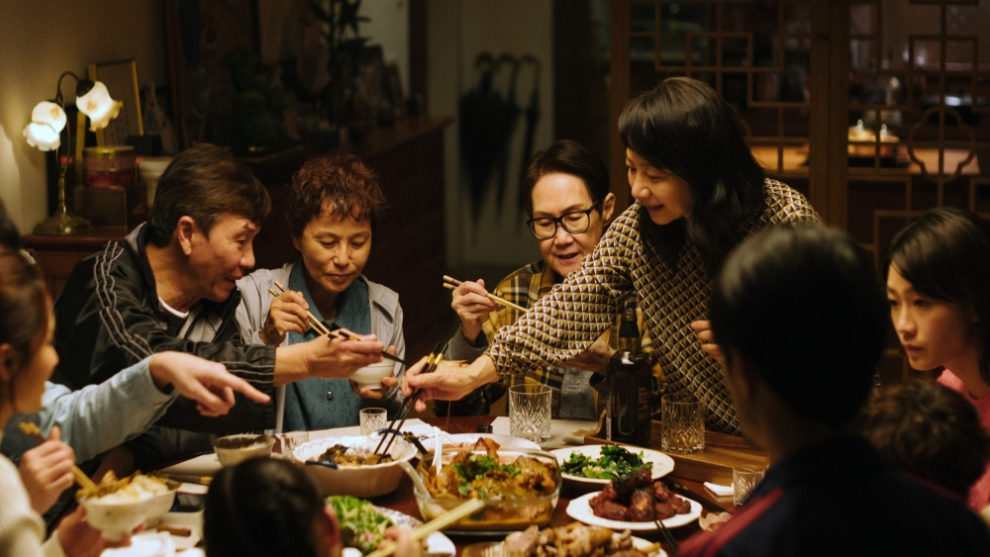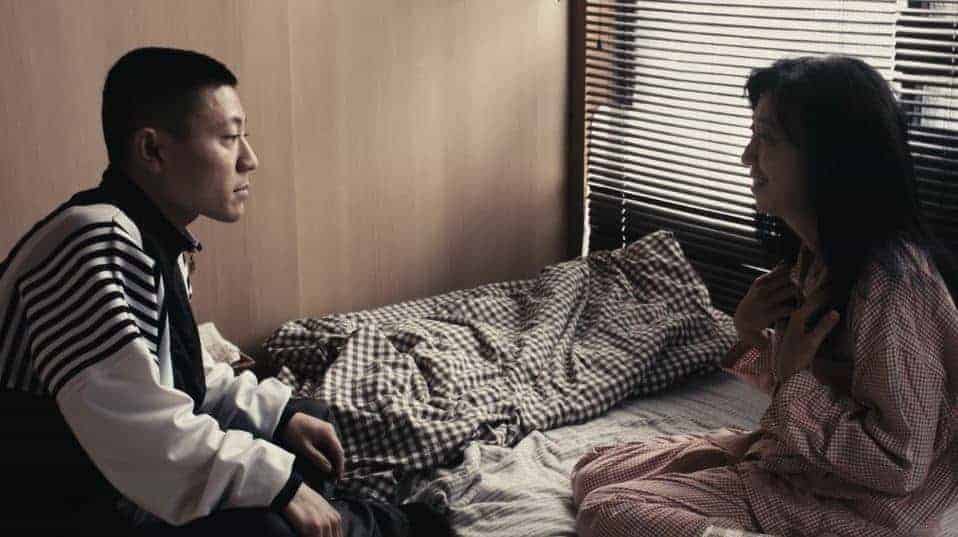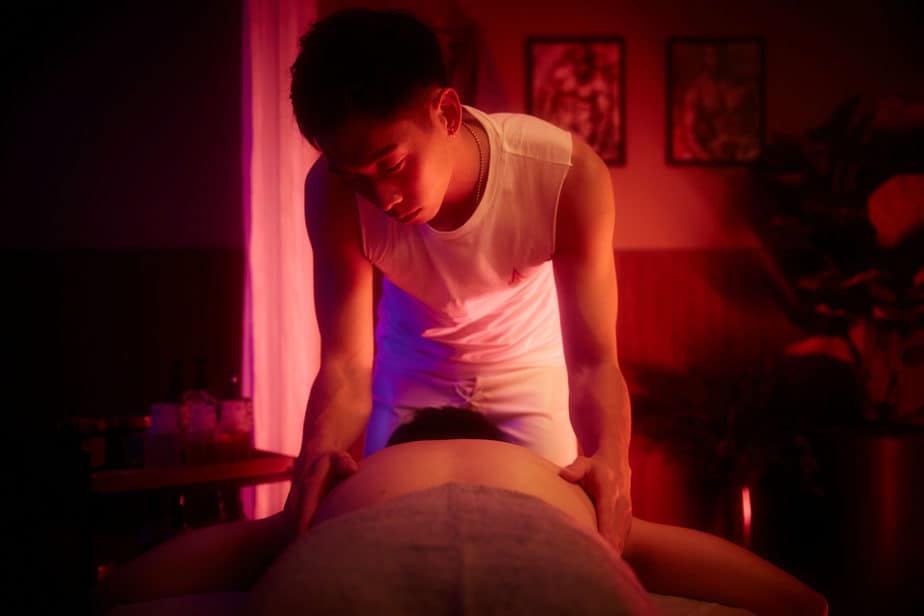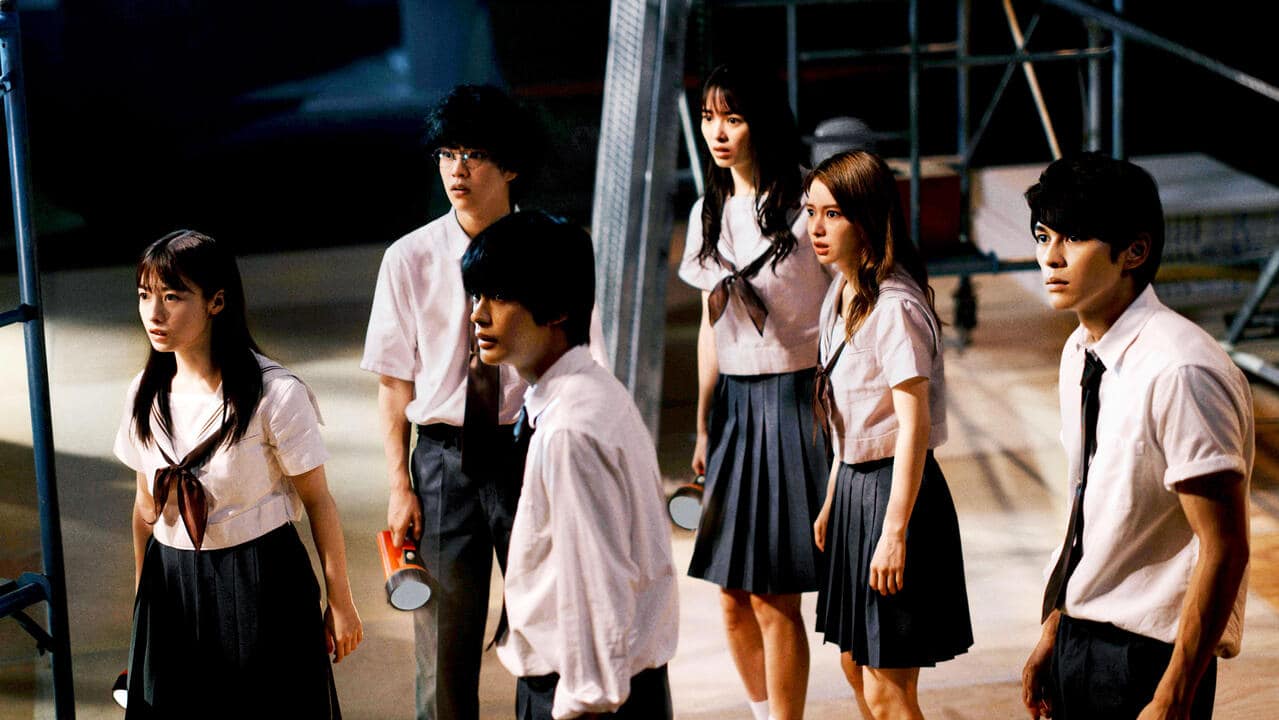Acceptance is sometimes nothing but tolerance in sheep's clothing. The “family comes first” trope holds weight in many cultures, but this may not matter when one fails to conform to a heteropatriarchal understanding of the concept. Ray Yeung's newest film, “All Shall Be Well”, takes one such instance of this — the case of an older same-sex Hong Kong couple — and unravels a spool of familial complexities embedded deep in the sociocultural landscape. What if your late partner wished to be buried at sea, but her family believes that doing so will spiritually unsettle them all? Do your partner's wishes even matter when you, her life partner, are considered nothing but a mere outsider? This is the first hurdle that our protagonist must face in “All Shall Be Well”, which just made its world premiere in the Panorama section of the 2024 Berlinale to a sold-out crowd at the Kino International. Yeung's previous feature “Suk Suk” (2019), similarly features the lives of older Hong Kongers (including some of the same cast) and also screened in Berlinale's Panorama strand.
All Shall Be Well is screening at Berlin International Film Festival

Late-60s lesbian couple Angie (Patra Au Ga Man) and Pat (legendary soap star Maggie Li Lin Lin) live a quiet and caring life in Hong Kong, their mutual love expressed through passing touches, gentle shoulder leans, and the ever-universal language of communal meals. However, the sudden and unexpected death of Pat leads to a turnover in the seemingly cordial dynamics of her extended family, when Angie is then forced to fight for her late partner's wishes against those of the family. Angie is supported by several lesbian couples, among them a couple who runs a flower shop, Lin (Li Lai Ha) and Dee (Yu Yuk Wah, Gia). But in the absence of a signed will, the family holds complete control of her inheritance, including the couple's shared apartment, and they would rather turn to fortune telling and financial gain to dictate their decisions. Keeping afloat in a sea of grief, Angie must navigate around the domineering patriarch, Pat's brother Shing (Tai Bo), at the risk of losing everything left of her life partner.
Yeung's latest feature is generous but never indulgent, taking the approachable genre of the family drama and placing it in the context of topical issues in today's queer Hong Kong. There are several gasp-worthy moments, but they remain grounded in plausible familial behavior. Between sequences, Yeung interjects towering Hong Kong highrises shot from below, the city both a haven for the couple — where street market stall owners happily recognize them — as well as a threatening source of the unknown.
Li makes her first film appearance in over 30 years in a delightful and poignant pairing with Au, who very quickly commands the screen as a frozen-in-shock Angie staring at the bleach-white urn holding her partner's ashes. Yeung shoots Angie from behind grids, gates, and open-paneled room dividers — always obscured and ostracized even in her own apartment. Then later, the family members themselves become the grid, both literally and metaphorically, blocking her from decisions and from even partaking as Pat's partner at her funeral (instead, she is the infuriatingly euphemistic “best friend”).
This technique is complemented by cinematography from Leung Ming Kai, who utilizes an extremely shallow depth of field through most of the film. With Pat's family, Angie is often in the foreground but constantly out of focus or, for instance, obscured by a rippling window curtain. Albert Poon Yick Sum's full-bodied production design makes every scene more vivid, from the communal dinners filled with colorful food to the minutiae in the apartment decor that bring richness to the couple's shared history.
In the post-screening Q&A, Yeung described the process of interviewing and conducting focus groups with lesbian couples in Hong Kong in order to capture authentic depictions of Angie and Pat's closest friends. He further explained that these lesbian friendship groups of this generation were described by couples as a necessary form of social solidarity in a discriminatory world. After learning more, Yeung changed the florist couple from a heterosexual to a queer pairing, a welcome adjustment in a media landscape where recognition of tight-knit queer friend circles as true-to-life is often dismissed.
Yeung doesn't cast Pat's relatives simply as greedy villains, agreed Au in the Q&A, mentioning that Hong Kong's current housing market doesn't make it easy for families to live affordably, so Shing's motivations are not unfounded. The writer-director's looming highrises — and short scenes of Pat's brother and sister-in-law at their service jobs — thus also click into place. Everyone is struggling, and nothing is in black and white. Yet, there is still a way to push back against hateful learned norms and nearsighted perspectives that are taught and learned intergenerationally: the refusal to embrace Angie under the umbrella of that sacred word, family. And so, Angie and Pat's singular onscreen kiss near the end of the film becomes an act of defiance, even in death.















